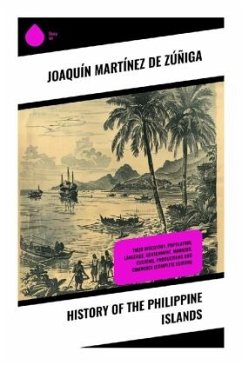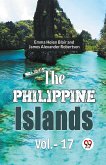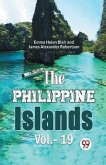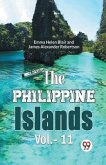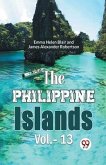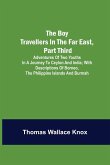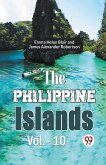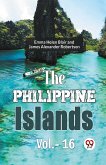In "History of the Philippine Islands," Joaquín Martínez de Zúñiga delivers a comprehensive account of the Philippines during the late 16th to early 19th centuries, merging rigorous historical scholarship with engaging narrative prose. His meticulous research draws upon a range of primary sources, providing insights into the socio-political dynamics, colonial encounters, and cultural transformations during Spanish rule. De Zúñiga's writing style reflects the Enlightenment principles of reason and observation, while his contextualization of events within broader global movements enriches the reader's understanding of the region's distinct identity amidst colonial upheaval. Joaquín Martínez de Zúñiga, a prominent Spanish historian and chronicler, was deeply influenced by his experiences in the Philippines and his commitment to uncovering its rich past. His background as a colonial administrator and scholar allowed him to view the islands through a unique lens, blending personal observation with authoritative historical analysis. This fusion not only compels readers to engage with the intricacies of Philippine history but also emphasizes the significant cultural dialogues between colonizers and the local populace. I highly recommend "History of the Philippine Islands" to those interested in colonial history, cultural studies, and the intricate narratives that shape national identities. De Zúñiga's work is not only a pivotal resource for historians but also an essential read for anyone seeking a deeper and more nuanced understanding of the Philippine Islands and their enduring legacy.
Bitte wählen Sie Ihr Anliegen aus.
Rechnungen
Retourenschein anfordern
Bestellstatus
Storno

